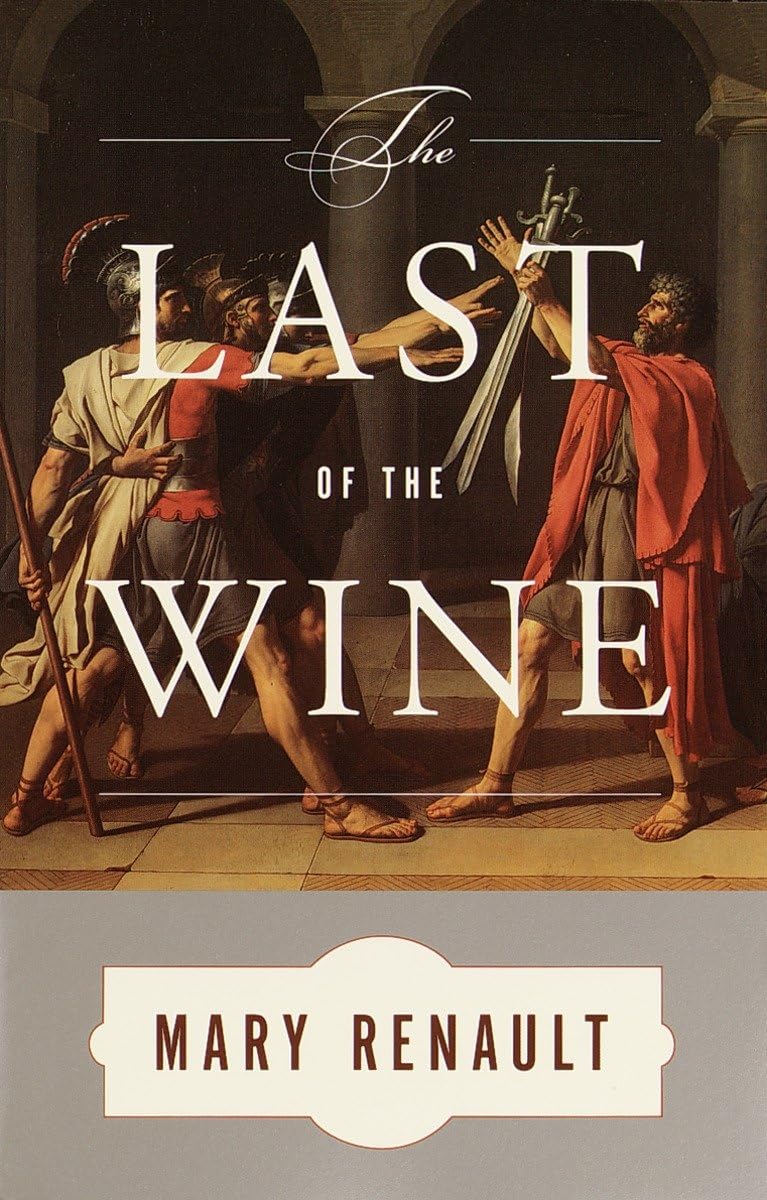What do you think?
Rate this book


400 pages, Paperback
First published January 1, 1956
“I saw death come for you, and I had no philosophy.”
"When I was a young boy, if I was sick or in trouble, or had been beaten at school, I used to remember that on the day I was born my father had wanted to kill me."
“Everything is change; and you cannot step twice into the same river.”
"As the gods hear me, Alexias, your good shall be mine, and your honor shall be like my own to me; and I will stand to it with my life."
“It is said, ‘If Fate were moved by tears, men would offer gold to buy them.”

Must we forsake the love of excellence, then, till every citizen feels it alike? I did not fight, Anytos, to be crowned where I have not run; but for a City where I can know who my equals really are, and my betters, to do them honour; where a man’s daily life is his own business; and where no one will force a lie on me because it is expedient, or some other man’s will.
—El día está acabando y, sin embargo, es aún demasiado pronto.
—¿Crees que al final de la vida es lo mismo?
En el corazón de cada hombre hay un laberinto. Y a cada uno le llega el día de alcanzar el centro, para enfrentarse con el Minotauro.